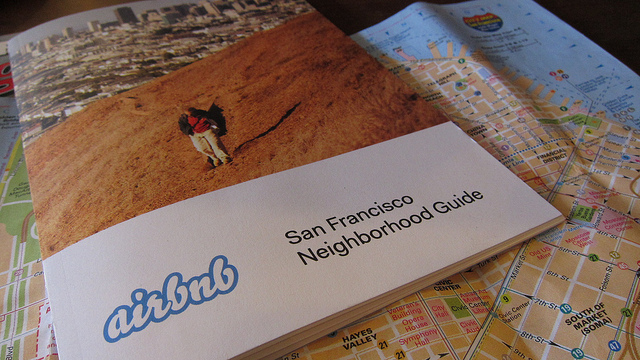Recently, a reporter from Marketplace called me for a radio piece. Two Harvard profs just released a study that examined the correlation between pricing and race on Airbnb. Airbnb’s racist! Well that’s not actually how the professors said it, but that’s what many headlines have looked like.
I didn’t make the radio cut, but in my quick interview, I defined the peer economy and then suggested that the companies are not oblivious to the fact that there are embedded inequalities in their platform. However, from what I’ve seen, these are *startups* already at capacity just trying to keep their site from going down. Until they can count on survival, they will have a short-sighted outlook. My hope is that once they’ve cleared their dashboard, they will step up to their platforms’ shortcomings that perpetuate inequality.
Did I come off as a shill? I don’t know. But in my conversations with policy types at various peer economy companies, they are aware of inequalities and compounding problems (interestingly enough, the sector is studded with urban planners, former prize-winning journalists and labor advocates, and former public sector employees). But piled on top of their perspective are the immediate needs of the company, which mostly mean survival right now. In her frustration, one company employee fumed that socioeconomic justice enacted through the platform is stuff she talks about with her friends over coffee, but not something she gets to strategize from day to day.
So while media portrayals seem to frame this as a shocking discovery that perhaps even Airbnb did not know, and while Airbnb’s PR comes off a bit as doing damage control, I’m certain that this is not news to the companies. But I’m also sure that many of their conversations have been in private with other sector professionals, so these public indictments are absolutely necessary to remind companies that they might have their hands full right now, but that doesn’t mean they’re off the hook.


